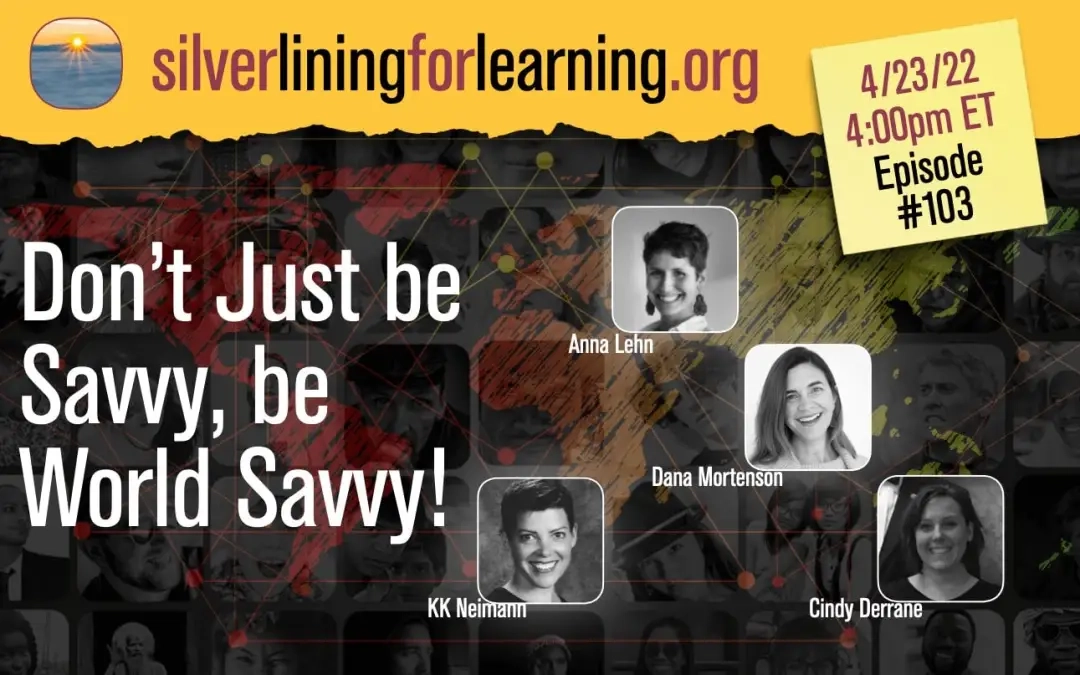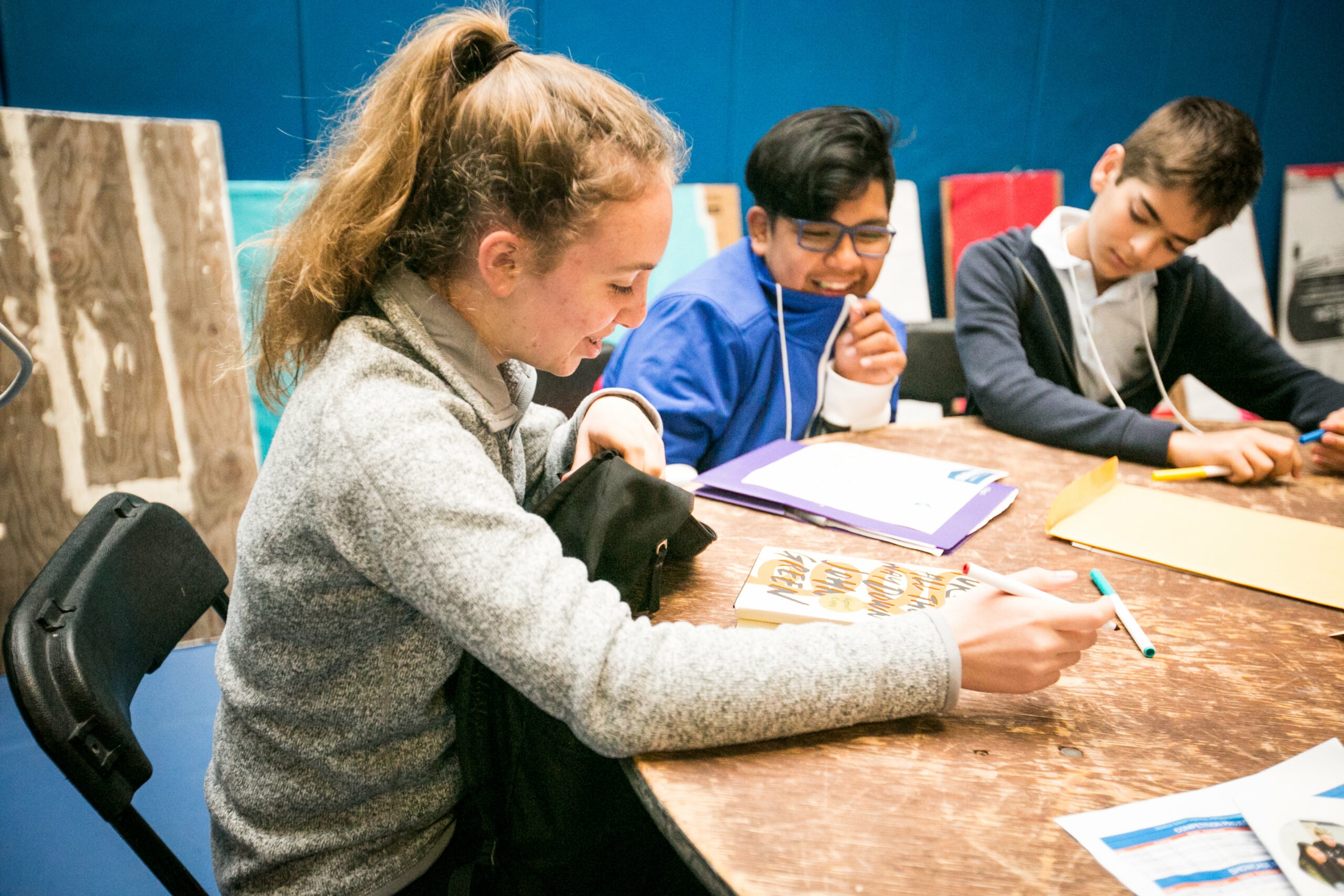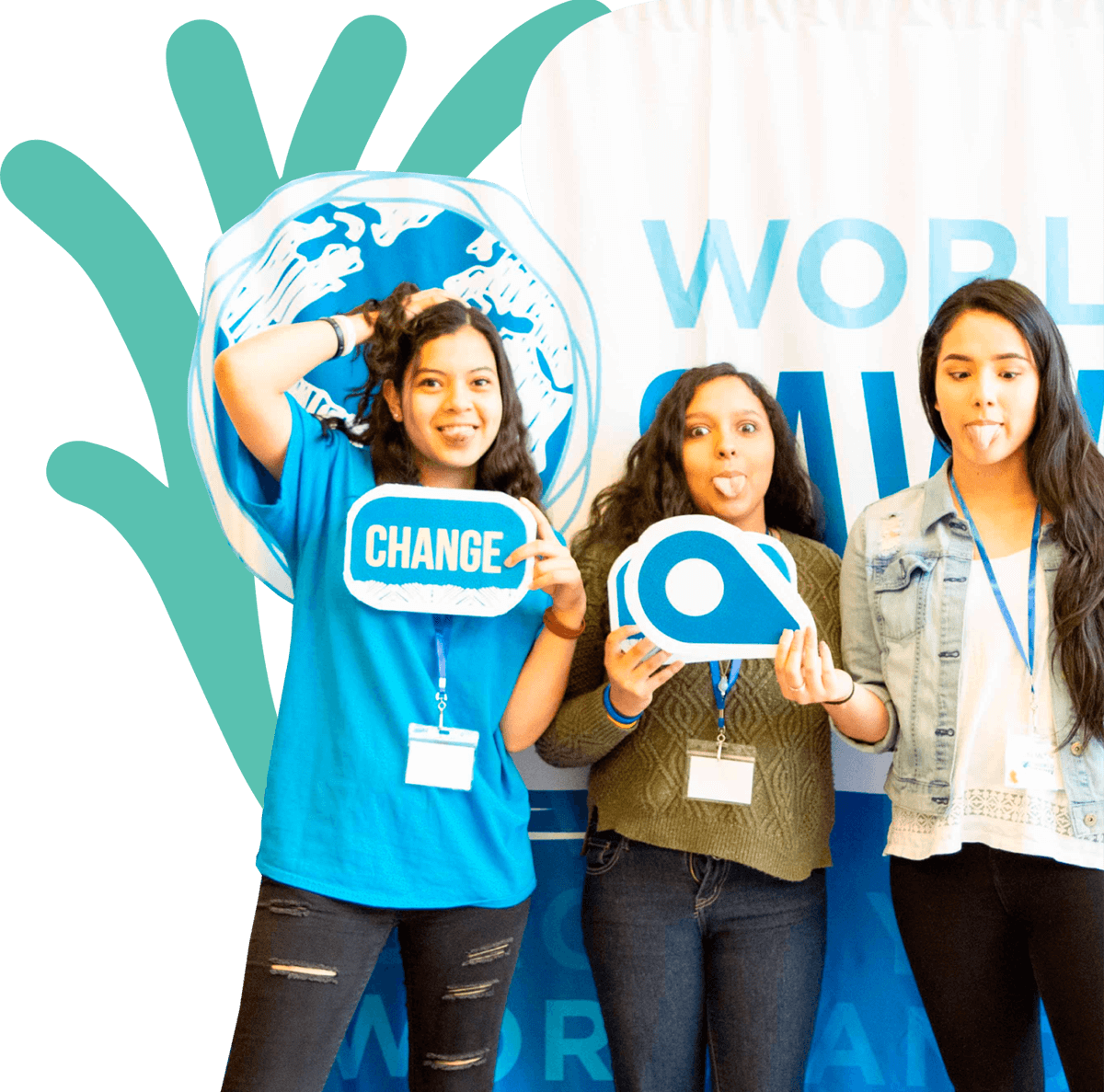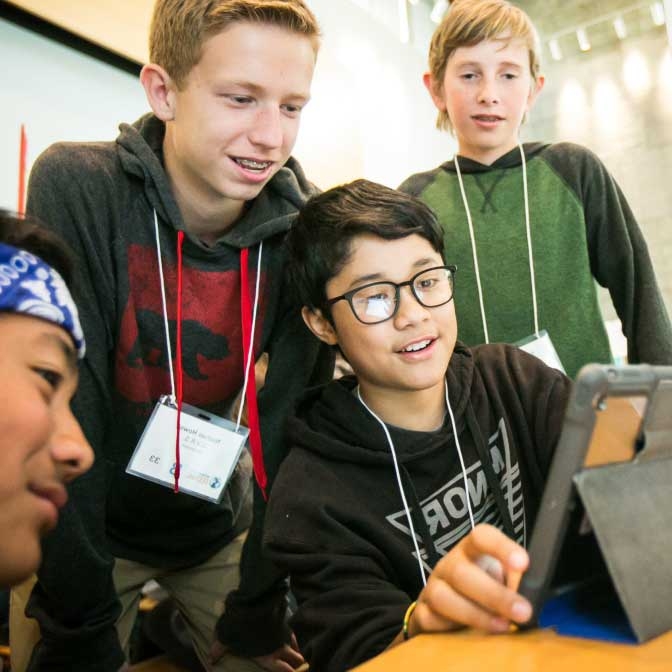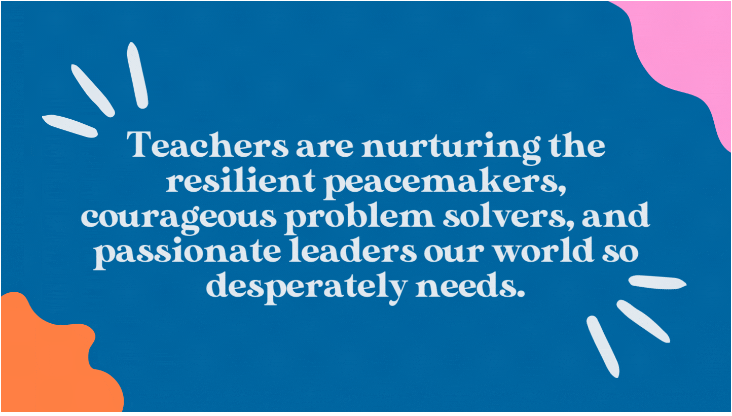
Being a teacher includes moments that feel like you’re a rock star. When that impromptu, perfectly timed joke you insert into a lesson meets raucous laughter and a bit of friendly taunting from your students, while also infusing the class with energy and a sense of unity. That time a student wants to linger after class or eat lunch with you or reaches out after they graduate to keep talking with you about ideas from class. When you and the other faculty/staff secretly learn a dance routine and perform it at a pepfest or other school event, your dance song is barely audible over the students’ laughter. When your elementary student from three years ago still runs over and hugs you as you’re walking your students to the bus, or when your former secondary student emails you to tell you that they’re majoring in the discipline you taught. When you witness a student come alive as they engage with their community for your class or school, and they begin to recognize and cultivate their sense of agency.
At their most inspired moments, teachers are filled with the warm buzz of knowing that every day they are nurturing students’ curiosity, discovery, and knowledge of both themselves and the world. In more challenging times, teachers can feel like a cog in a system that is resistant to change, monitoring and coercing students to care about points, policies, and curricula that feel archaic and irrelevant.
Never have we demanded more from teachers than we do right now, and never have the challenges of teaching been harder. Teachers must innovate and experiment while coping with scarce resources and inequality and overcome inertia and muscle memory that hold tight to old approaches to old problems, luring us to “return to normal” because we’re not sure what else to do. Many feel isolated, lonely, detached from one another’s stories and experiences, overwhelmed by information and claims, and living in polarized communities fractured by cynicism and mistrust. As is the case with many global challenges, the past is not necessarily predictive or productive for strategically navigating the future; experts don’t know one-size-fits-all answers to our complex challenges in education. The way forward must emerge from curiosity, imagination, innovation, and collaboration, demanding flexibility and experimentation in a space that does not promote or reward either.
Despite, and in fact because of these challenges, we recognize that young people today need to graduate equipped to collaborate and cooperate as active citizens in more diverse, local communities and with the knowledge and skills necessary for future jobs in a global economy. We need our students to emerge from K-12 education prepared as problem solvers, poised to address future local and global challenges that are increasingly interconnected and interdependent.
Teaching is a challenging job, not just because teachers have to support so many children in environments and circumstances that are often difficult in and of themselves, but because teachers have to do more than ever before. Kids used to come to school to learn information, and now they come to school to learn what to DO with information.
Teachers are sacred guides who nurture spaces and experiences for young people to make sense of our current complex world, to build the skills to transform conflict and existential challenges, and to find hope and joy about what is emerging out of the uncertainty and disruption of the pandemic and societal polarization.
It is an awesome task to adequately prepare young people for this complex and interconnected world, AND it has never been more urgent that teachers are successful. Teachers are nurturing the resilient peacemakers, courageous problem solvers, and passionate leaders our world so desperately needs.
So what can we do to truly appreciate and support teachers?
Administrators
More than a doughnut, canvas bag, or water bottle, what teachers really need is school leaders who root their leadership in curiosity, humility, and willingness to lead a process of transformation in education. In leading through complex times, school leaders must see themselves less as experts and more as hosts or guides of a process of inquiring, understanding, experimenting, reflecting, and scaling up promising innovations. To appreciate your teachers:
- Provide time, support, and space for teachers to engage in inquiry and experimentation. Replace top-down professional development presentations and mandates with inquiry-based professional collaboration and learning, providing time and materials for teachers to collectively understand what’s going on for their learners and what school needs to look and feel like for children coming of age in the 21st century
- Crystallize clarity around your mission and eliminate requirements, demands, systems, traditions, and expectations that aren’t central to creating an innovative, equitable learning experience that prepares students to navigate and contribute to a complex, global world. Less is more for teachers working from a place of mastery, purpose, and autonomy. Chart out a path for transforming teaching and learning at your school, and stay committed for years, enabling teachers and students to learn, experiment, reflect, and refine.
- Learn about what it means to lead during complex (versus complicated) times. Our complex world demands that we lead without knowing all the answers and co-create the path forward through collective, iterative innovation. School leaders need to be hosts of this experimentation and innovation, nudging schools in strategic, positive directions. MIT’s Otto Scharmer states the job of leaders in today’s complex world is to transform awareness, to learn from the past and connect it with emerging future possibilities.
“Attention, aligned with intention, can make mountains move… Almost all major challenges we face call on us to respond by letting go of the past to co-sense and co-create what is wanting to emerge.”
- Create a professional environment of curiosity, learning, failing forward, and reflection. Model curiosity, humility, not knowing, unknowing, bravery in experimentation, and innovation. Encourage and support teachers’ quick, safe-to-fail experiments to notice what seems to be working for innovating towards post-pandemic educational transformation.
- Clearly and frequently communicate with your school community about your process of transforming teaching and learning as we emerge from the pandemic, so that your whole school community shares a common narrative, understanding, and invitation to participate in inquiry and innovation, and so that teachers aren’t each having to individually communicate about changes in your school.
Families
- Recognize that teachers and students are navigating an unprecedently challenging, complex time in the education world. Author Arundhati Roy calls the pandemic a portal, a gateway between one world and the next. Creating a transformed learning experience that is relevant and equips young people with what they need to live as engaged global citizens involves experimentation and innovation. To appreciate your children’s teachers, let them know that you support innovation and transformed learning even if it doesn’t look and feel like your school experience from the 20th century. Ask how you can be of help.
- Understand that we are living in a complex world that is actually quite different from the world of our childhoods. Trust teachers and school leaders as they reinvent education for the 21st century. Be curious rather than critical when the school may change its schedule, grading/assessment system, or what assignments look and feel like. Meet the world with curiosity and hope. Transformative change requires courage, collaboration, experimentation, humility, and resilience. School leaders and teachers need to forge a path into somewhat unknown terrain; let them know that you appreciate that they are developing a learning experience for students that is relevant and transformational. Most students and teachers alike are desperate for a change in what “school” feels like.
- If we want students to be creative, collaborative, and knowledgeable problem solvers, they need case studies with which to practice understanding and engaging with globally significant issues in their communities. What’s going on in your neighborhood, community, and/or workplace? How could you partner with your children’s school to share your network and resources to welcome students as investigators, collaborators, and contributors working on real, significant challenges in your community?
Students
- Just like students so desperately want to be seen and heard in their communities, your teachers are working in a job that is both hyper-social and lonely at times. Their hard work, resilience, intellect, compassion, and creativity are rarely noticed or celebrated in the education system. Teachers are fueled by hope and by faith that the seeds they are planting and nurturing in their students will flourish and be fruitful in the years and decades to come. Take a moment and tell your teacher in person, via email, via a brief note jotted on an assignment – “I see you, teacher.” I see those ice breakers you plan and those interactive activities you coordinate to help us learn. I appreciate the feedback you provide to help me deepen my thinking/writing/creating skills. I notice that you remember things about my life and that you smile at me. I see you bravely creating space for us to discuss, investigate, and understand what’s going on in our complex world and helping me figure out how I can contribute to make the world a better place in my life. I see you modeling how to be reflective, how to learn from mistakes, and how to be brave even when you might feel nervous.” Experts say that we humans need five pieces of positive feedback for every one piece of negative feedback. The busy, chaotic life of teachers provides plenty of challenging feedback. Be creative, generous, and persistent with your spontaneous positive feedback!
- When your teacher is trying something new or an activity doesn’t work as well as intended, help your class engage with your teacher as co-creators of learning, experimenters and innovators. Provide feedback. Offer to help. Step up to help build momentum and meaning for projects, recognizing that learning is something that you and your classmates do in a proactive way rather than something that happens in response to teaching.
Teachers, we see you.
We see you…
- Caring and differentiating for your students even though you may have seen only half of each of their faces all year.
- Learning and experimenting with how to create a more equitable community in your own classroom, school, and in the world.
- Navigating COVID-related absences that are continually disrupting your classroom community.
- Agreeing that the education system needs to be transformed and exhausted by the urgency of the day-to-day and outdated PD and requirements.
- Helping students learn in your classroom while staying connected with kids who are quarantining.
- Supporting students to know more, care more, and do more in their lives and communities.
- Looking for energy and relevance and resources and a reminder of “Why am I doing this?”
World Savvy appreciates and supports teachers this week and every day!
World Savvy appreciates each teacher’s gifts and talents, which serve as the foundation for their students’ learning. We help teachers reconnect with what brings them joy as they cultivate fertile ground in their classrooms and communities where students learn and grow. To provide support for the awesome task that teachers have at this moment in time, World Savvy partners with schools and communities to prepare youth for our complex, global future. Our program prepares students to thrive in our globally connected world by re-imagining K-12 education, focusing on increasing student engagement, expanding teacher capacity and cultural competence, and strengthening school and district leadership. Using evidence-based tools and best practices for culturally responsive pedagogy and student-led learning, World Savvy is empowering teachers to make school inclusive, relevant, and engaging for all students, inspiring them to learn, work, and thrive as responsible global citizens.






